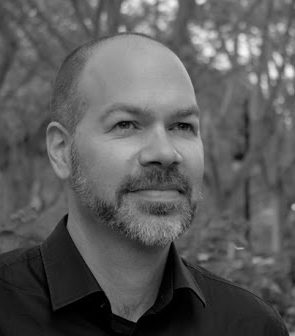Marx's critique of ideology for discourse analysis: from analysis of ideologies to social critique
The notion of ideology is related to social and material reality and especially to the processes of social reproduction. Therefore, the analysis of ideology seems to fall into the domain of discourse analysis. The analysis of language and practices of signification in social contextsconstitutes the basic triangle of discourse analysis. However, the Marxist concept of ideology always refers to some kind of falsity, that ultimately enables the researcher to not only analyse but also to criticize ideologies. Ideologies are always in some way false, injust or inadequate. It is at this point that discourse analysts usually raise the most serious objections as they understand truth itself as a discursive product, resulting from powerful struggles of domination and exclusion. The present article explores in how far the Marxist notion can be used for the purpose of discourse analysis. It argues that even the notion of falsity as present in classical Marxism can be adapted for understanding and criticizing contemporary ideologies. I start by presenting some common understandings of ideology in the field of Discourse Studies (I). In a second step I will analyse elements of the notion of ideology in Marx’s early writings, especially in the debate with the Young Hegelians (II) and ask what this means for empirical discourse analysis. I will then point towards elements of the critique of ideology in Marx mature ‘political economy’ that could be fruitful for Discourse Studies (III). Finally, I will try to reconcile a Marxist concept of ideology based ultimately on a notion of falsity with such discourse analytical approaches highly suspicious of the possibility of the existing ‘politics of truth’ (IV). We will see that, due to the relation between ideas and material organization in ideologies, the critique of ideologies becomes not only a critique of practices of justifications but turns into a genuine social critique.

